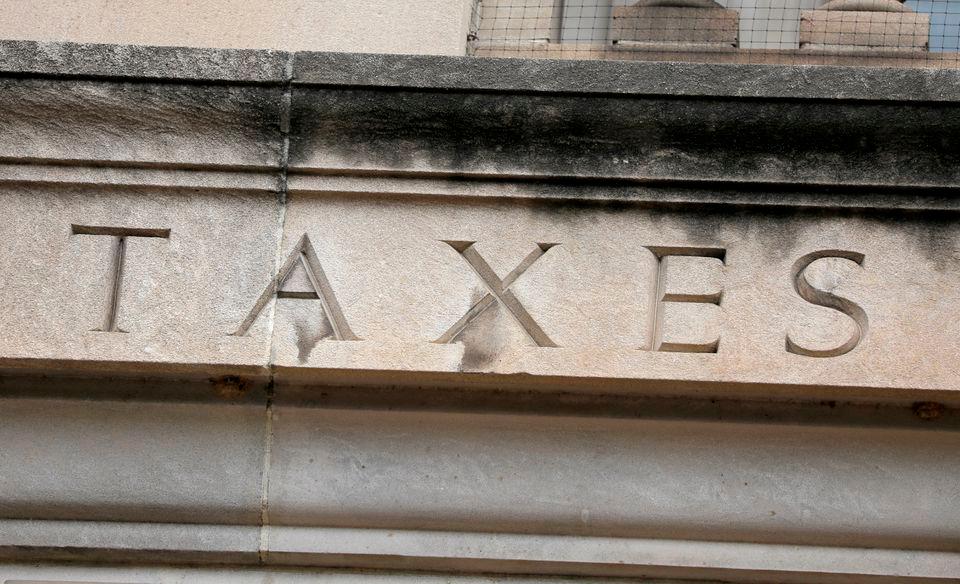THE key principle that is often forgotten in privately held companies and public listed companies controlled by a family or few individuals is the application of the separate entity concept. There is a tendency to regard the company as belonging to the individuals or the family. Consequently, the directors’ accounts will reflect the absence of the segregation between the company and the owners. There are many instances where director’s accounts are misused to hide transactions and, in some cases, it is used as a clearing account to dispose unexplained or illegal transactions.
The director’s account is normally confined to the transactions between the company and the director. Reference to a director here is made under the Companies Act 2016.
Where director’s accounts are misused
In the instances where companies make illegal payments or pay bribes to obtain favours or contracts, such payments are not reflected as an expense in the profit and loss accounts but is reflected as an amount owing from the director in the balance sheet. Although the company has not claimed any deduction on the expense for tax purposes, there is an indirect impact on the director through the increase in his net worth or net asset position when preparing his capital statement. The increase in the net worth will be brought to tax on the director when the tax authorities request the capital statement.
There may be attempts to hide these illegal payments in the director’s account by reclassifying the amounts from the director’s account into other balances in the balance sheet, thereby reducing the director balances. In the event the tax authorities discover such actions, the balance sheet of the company itself will be in doubt and will lead to further tax problems.
Sometimes credit balances of the company are transferred to the director’s account instead of recording it as unclaimed monies which must be transferred to the registrar of unclaimed monies after a certain period of time. This is an infringement of the Unclaimed Monies Act 1965. Such credits entering the director’s account could be brought to tax as income in the hands of the directors.
It is very common for directors to lend or borrow monies from the company. If director’s borrow money from the company, the law is clear that the company must charge the director interest based on the monthly balance at a prescribed rate. It is not uncommon for the company to waive the loan to the director to avoid this imposition of this deemed interest. It is often forgotten that such a waiver will result in the amount waived being taxed in the hands of the director as a benefit received in exercising this employment.
Directors should watch out that any accrual of bonuses, directors’ fees, etc which may be paid many years afterwards will be brought to tax in the next tax year, notwithstanding whenever it is paid. This can be missed out which can give rise to penalties.
Scrutinising director’s accounts at times reveals that these accounts have been used as clearing accounts to clean up unexplained items in the company’s balance sheet. Inland Revenue Board officials will pay attention to such cleanups because some of the adjustments into the director’s accounts may be taxable.
Our advice
Be mindful that the tax authorities are well aware of the above and it is not advisable to misuse the director’s accounts other than the reflect legitimate transactions between the director and the company.
The close interaction between the director’s account and the other accounts in the company together with the capital statement of the directors should always be in the minds of the directors to avoid any unnecessary taxation that may be imposed on the company or the individual through the capital statements.
This article is contributed by Thannees Tax Consulting Services Sdn Bhd managing director SM Thanneermalai (www.thannees.com).









